Carbon Positive Project February Update
Added 2 years ago
By David France
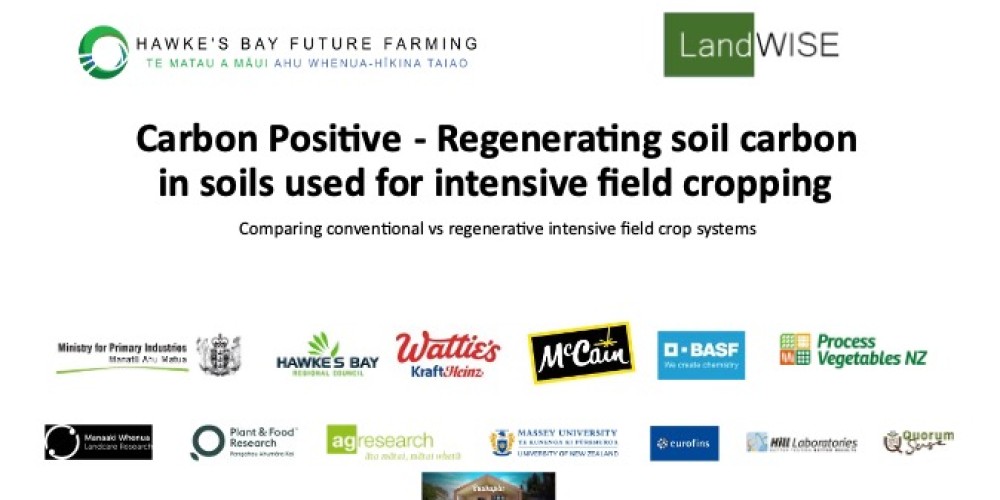
The Carbon Positive Project is a joint project between Hawkes Bay Future Farming Trust and LandWISE, and key project partners aimed at restoring soil health and regenerating soil carbon in Hawkes Bay soils used for intensive field cropping by comparing conventional vs. regenerative and hybrid growing systems over a six-year trial.
Where conventional systems are typical of what best practice is currently used by partners Watties and McCains, the regenerative system aims to improve soil health, structure and microbial activity by incorporate no/reduced tillage, chemical and synthetic fertiliser use, and focus on the importance of winter cover crops and transition to crops.
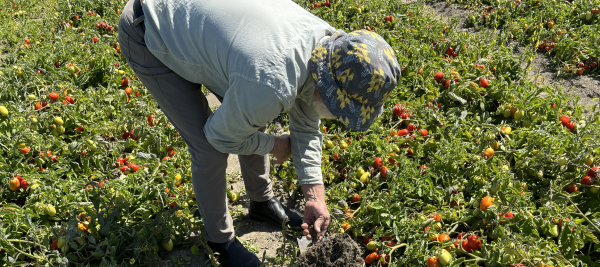
Trial Update
The tomato crop at the LandWISE MicroFarm is only two weeks away from harvest. The last spray was completed over the weekend, all treatments received the same application of fungicide (Sumisclex), foliar nutrition (YaraVita Croplift K) and biostimulant (YaraVita Biomaris).
The last irrigation is underway. The ripening agent (Ethin) will be applied early next week, approximately 10 days ahead of harvest, to enhance the maturity of the tomatoes. Hand harvest test samples will be completed in each plot, and then all plots are mechanically harvested by Watties into individual bins. Factory quality assessment will be completed, and samples will be sent to Hill Labs for analysis (Carbon and Nitrogen %). Canopy cover continued to be monitored weekly, and soil nitrate nitrogen continues to be monitored fortnightly.
There has been strong industry engagement with Carbon Positive tomato crops, monthly field walks have had great attendance, with folks wearing many different hats turning up to discuss what we have been up to and what is next for the crop.
The Operations Advisory Group (OAG) is in the process of confirming what management will be applied to tomato residue after harvest, what cover crops will be grown, and what crops will be grown next spring.
At this stage, peas will be planted in McCains in August, followed by beans in December.
Key considerations include how to apply regenerative principles to a process vegetable system, what we want to achieve with our cover crops over the winter, how we terminate the cover crop, how and when we include livestock, what machinery is required (specialty equipment/planters), and what additional expertise is required to support the project over the next 12 months.
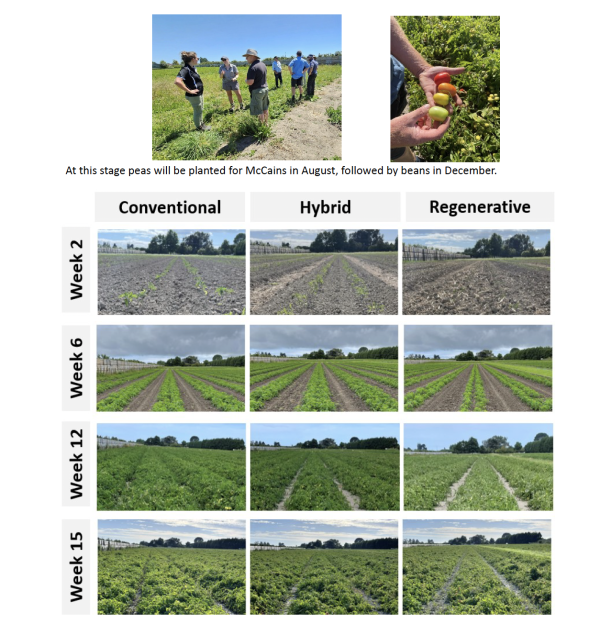
Be the first to leave a comment.
Leave a comment
All comments are reviewed before they are published on the website. Your email address will not be published.
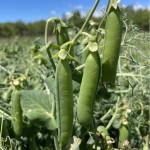
Carbon Positive Trial Update – February 2025
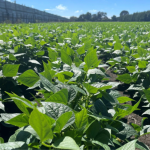
Carbon Positive Update

Community Engagement and Knowledge Sharing Strengthen the Carbon Positive Project
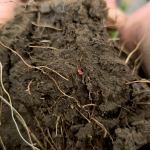
Are We Changing Soil Carbon Yet? Three Years In, the Jury’s Still Out

Farewell to Trustee Phil Schofield – A Foundational Leader of the HBFFCT
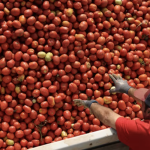

Join the conversation